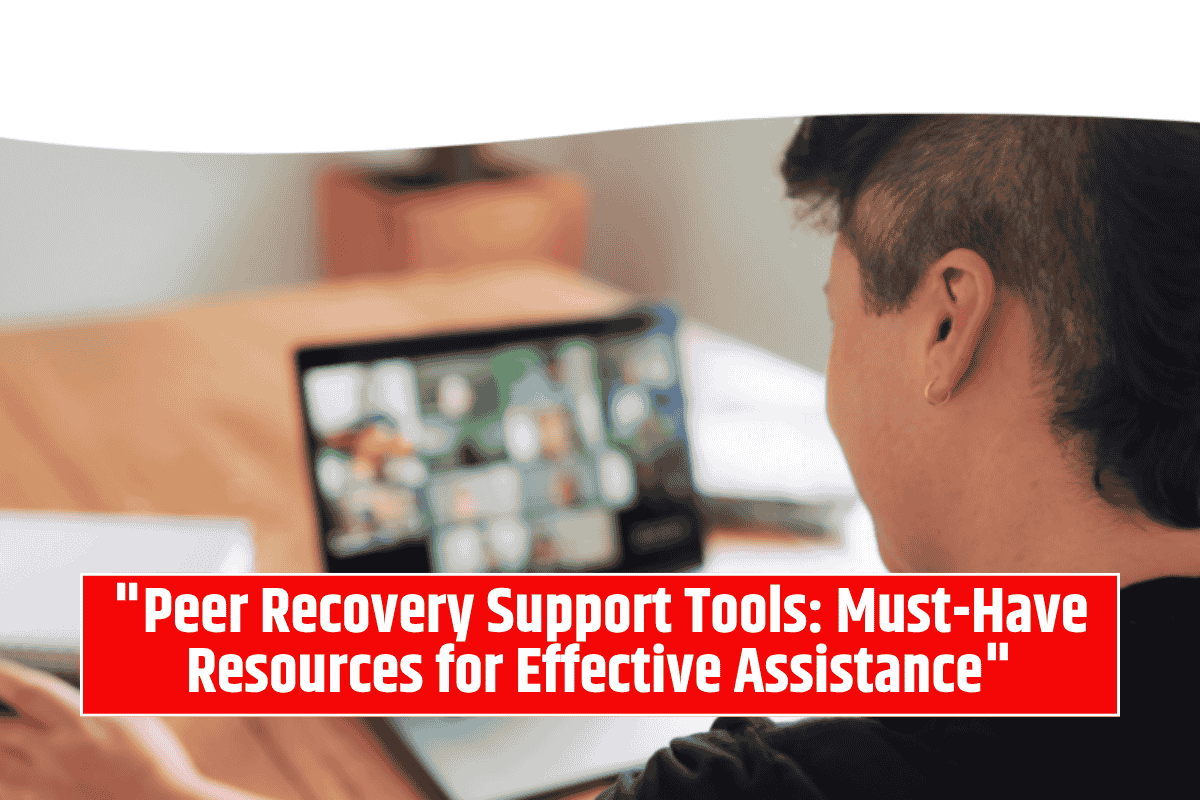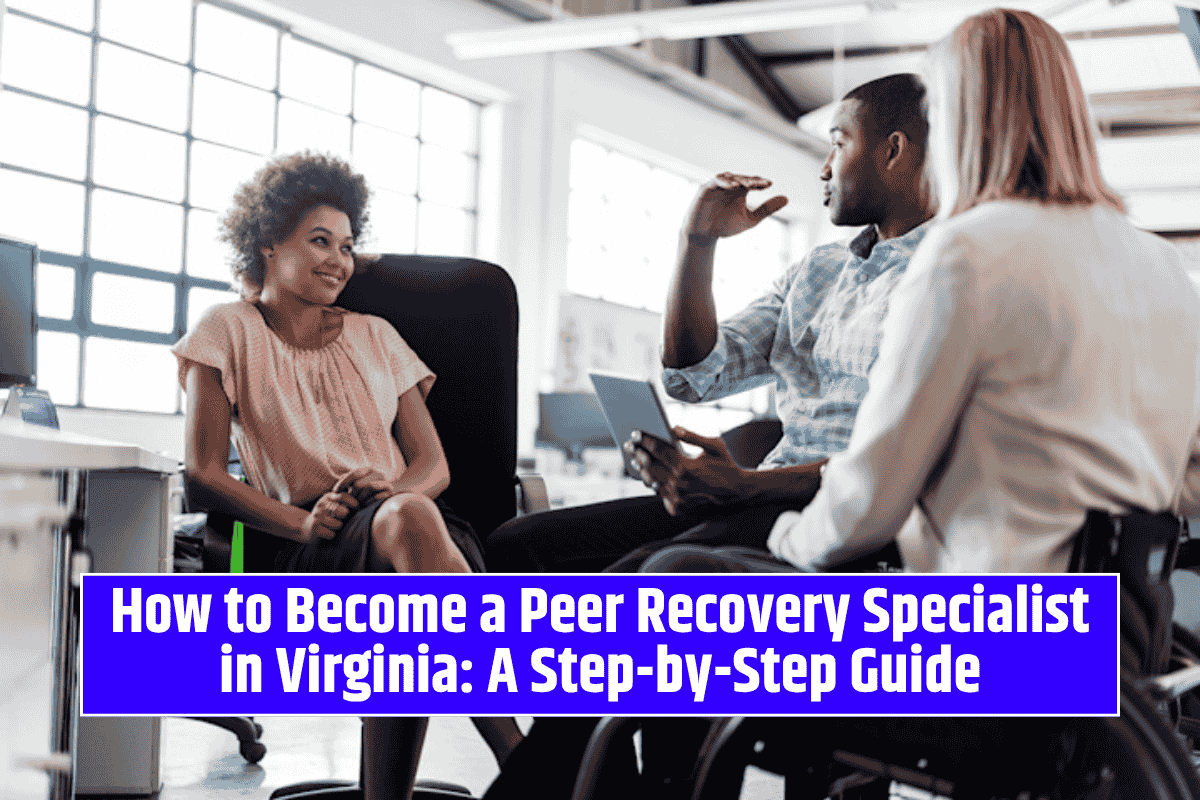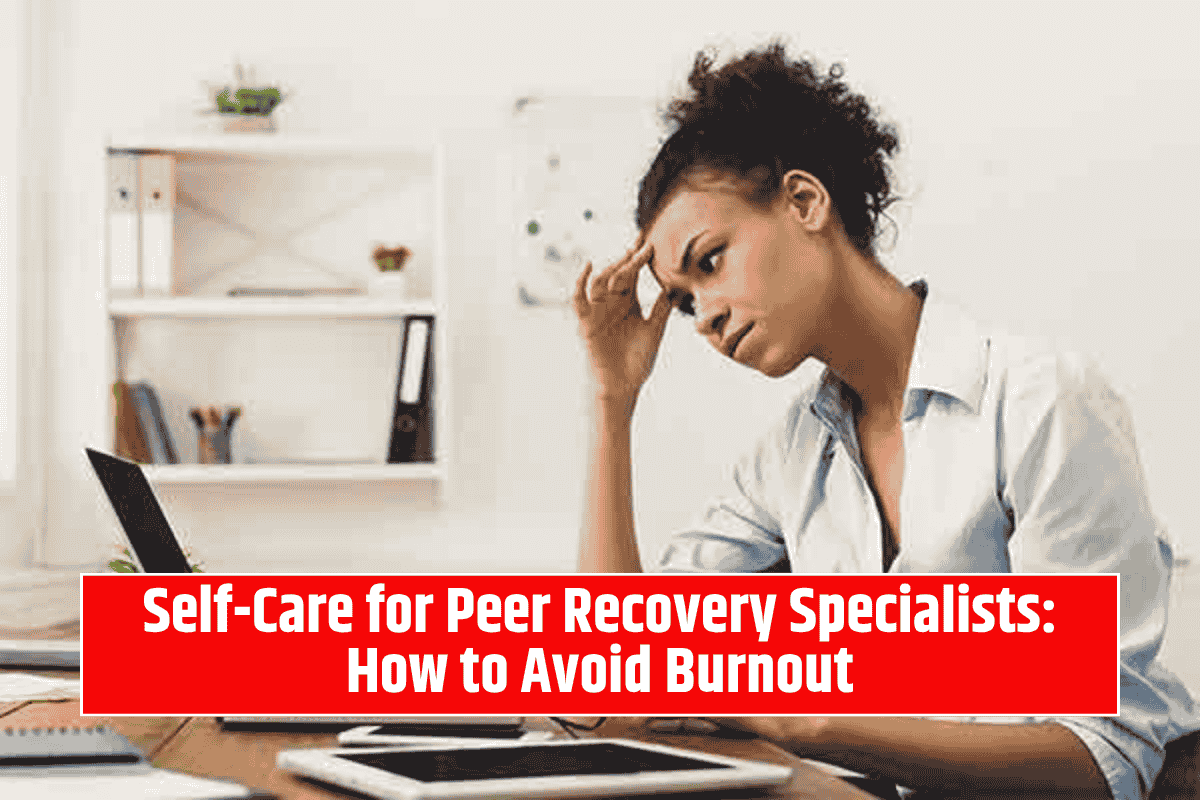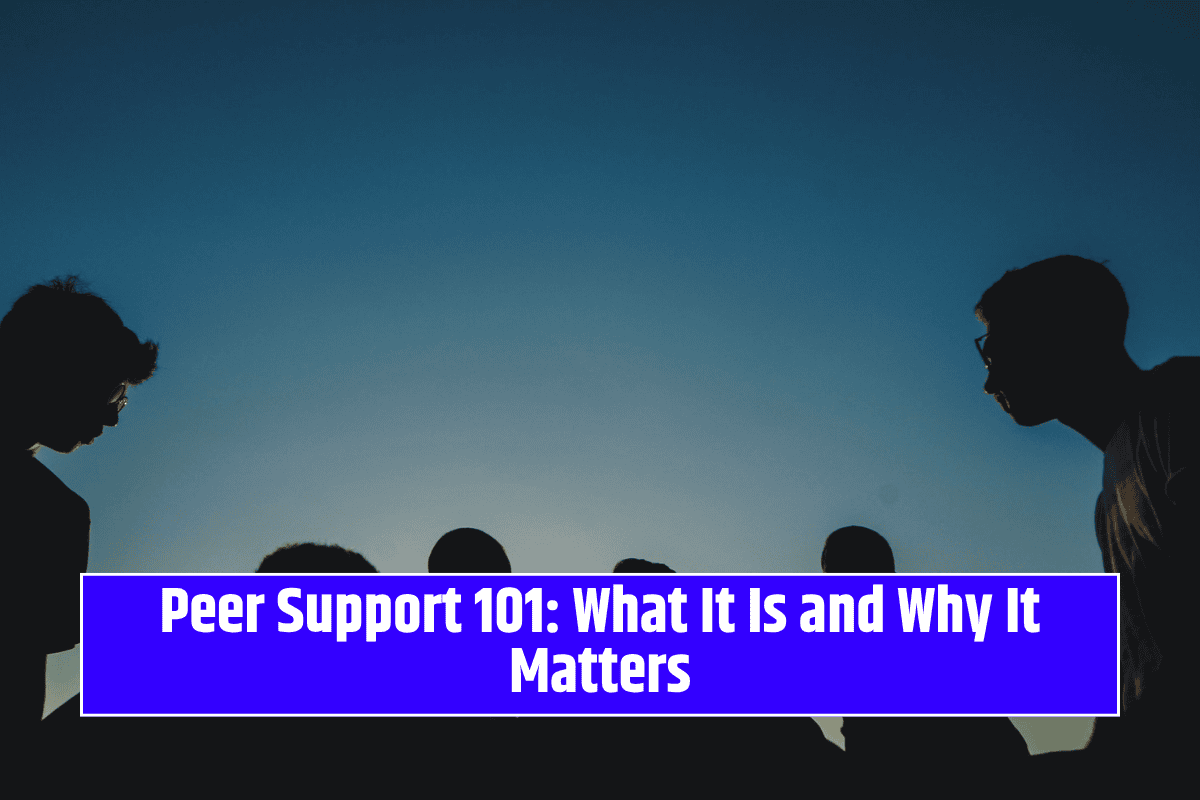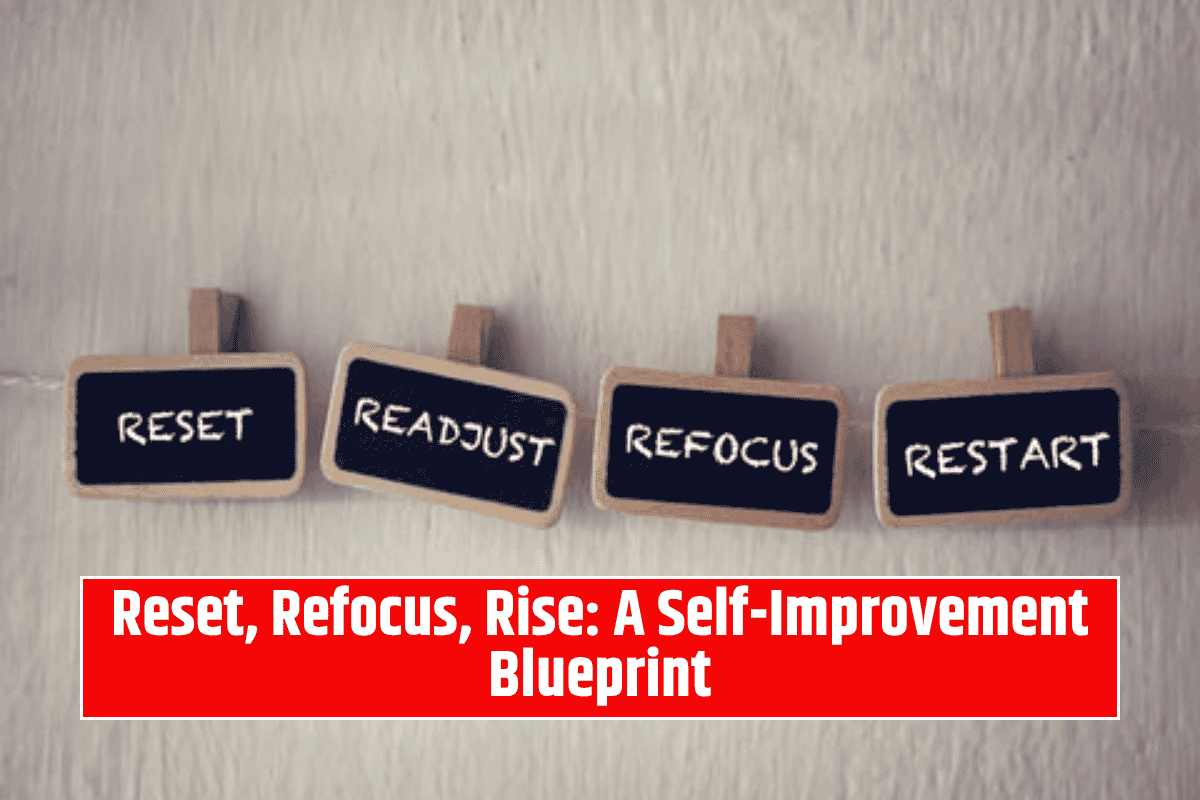Peer Recovery Specialists (PRS) play a pivotal role in supporting individuals on their recovery journeys from mental health and substance use challenges.
To be effective in their roles, PRS require access to a variety of tools and resources that enhance their ability to provide meaningful support. Below is an overview of essential resources that can aid PRS in delivering high-quality assistance.
1. Core Competencies for Peer Workers
The Substance Abuse and Mental Health Services Administration (SAMHSA) has developed a set of core competencies for peer workers in behavioral health services.
These competencies serve as a foundational framework for PRS, emphasizing principles such as person-centered care, voluntary participation, relationship-focused support, and trauma-informed practices.
Understanding and integrating these competencies into daily practice ensures that PRS provide services that are respectful, empowering, and aligned with best practices in the field.
2. Peer Support Training Programs
Comprehensive training programs are crucial for equipping PRS with the necessary skills and knowledge. For instance, the 60-Hour Peer Support Training Package offered by Choices Recovery provides a structured curriculum that meets state requirements and prepares individuals for peer support roles.
Such training programs cover topics including communication skills, ethical considerations, and recovery-oriented practices, ensuring that PRS are well-prepared to assist those in need.
3. Wellness Recovery Action Plan (WRAP)
The WRAP & Peer Support Handbook is an invaluable resource for PRS, combining the evidence-based practice of WRAP with peer support strategies.
WRAP is a structured system that individuals can use to monitor and manage their health and wellness, and when integrated with peer support, it enhances the effectiveness of recovery interventions.
This handbook provides practical guidance on implementing WRAP in peer support settings, promoting self-management and empowerment among individuals in recovery.
4. Peer Support Toolkits
Various organizations have developed toolkits to support the implementation and enhancement of peer support services.
For example, the Peer Support Toolkit by the Department of Behavioral Health and Intellectual Disabilities Services (DBHIDS) offers resources designed to help agencies recruit, retain, and effectively deploy people in recovery in a variety of peer support roles.
These toolkits often include templates, guidelines, and best practices that can be tailored to specific organizational needs.
5. Digital Platforms for Peer Support
In the digital age, online platforms have become increasingly important in providing peer support. Applications like Sober Grid connect individuals in recovery, allowing them to share experiences, offer encouragement, and build community.
Such platforms can be particularly beneficial for individuals who may have limited access to in-person support groups, ensuring that peer support is accessible anytime and anywhere.
6. Shared Decision-Making Tools
Empowering individuals to take an active role in their recovery process is a key aspect of peer support. Shared decision-making tools facilitate this by providing structured frameworks that guide conversations between PRS and those they support.
These tools help individuals articulate their goals, preferences, and values, leading to more personalized and effective recovery plans.
7. Recovery-Focused Resources
Organizations like Faces & Voices of Recovery offer comprehensive resources that PRS can utilize to enhance their support services.
These resources include educational materials, advocacy tools, and community-building strategies that align with recovery principles and promote long-term wellness.
8. Supervision and Peer Support Networks
Regular supervision and engagement with peer support networks are essential for the professional development of PRS. The Peer Specialist Toolkit by the Veterans Health Administration emphasizes the importance of supportive and competent supervision to maximize the effectiveness of peer support roles.
Engaging with peer networks provides opportunities for sharing experiences, receiving feedback, and fostering a sense of community among PRS.
Access to a diverse array of tools and resources is fundamental for Peer Recovery Specialists to provide effective and compassionate support.
By integrating core competencies, comprehensive training, structured recovery plans, supportive toolkits, digital platforms, shared decision-making frameworks, recovery-focused resources, and robust supervision networks, PRS can enhance their practice and contribute to the well-being of individuals on their recovery journeys.
Continuous investment in these resources ensures that peer support remains a vital component of the behavioral health landscape.
FAQs
What is Peer Support?
Peer support is when individuals who have lived through mental health or substance use recovery provide guidance and support to others facing similar challenges. It is built on shared experiences and mutual respect.
What are the benefits of Peer Support?
Peer support can enhance recovery outcomes, increase engagement in treatment programs, reduce stigma, improve coping skills, and create a sense of community among those in recovery.
How can I become a Peer Recovery Specialist?
To become a Peer Recovery Specialist, you must complete specialized training programs, gain practical experience, and often obtain certification. Programs like the DBHDS 72-hour Peer Recovery Specialist training are common entry points.
